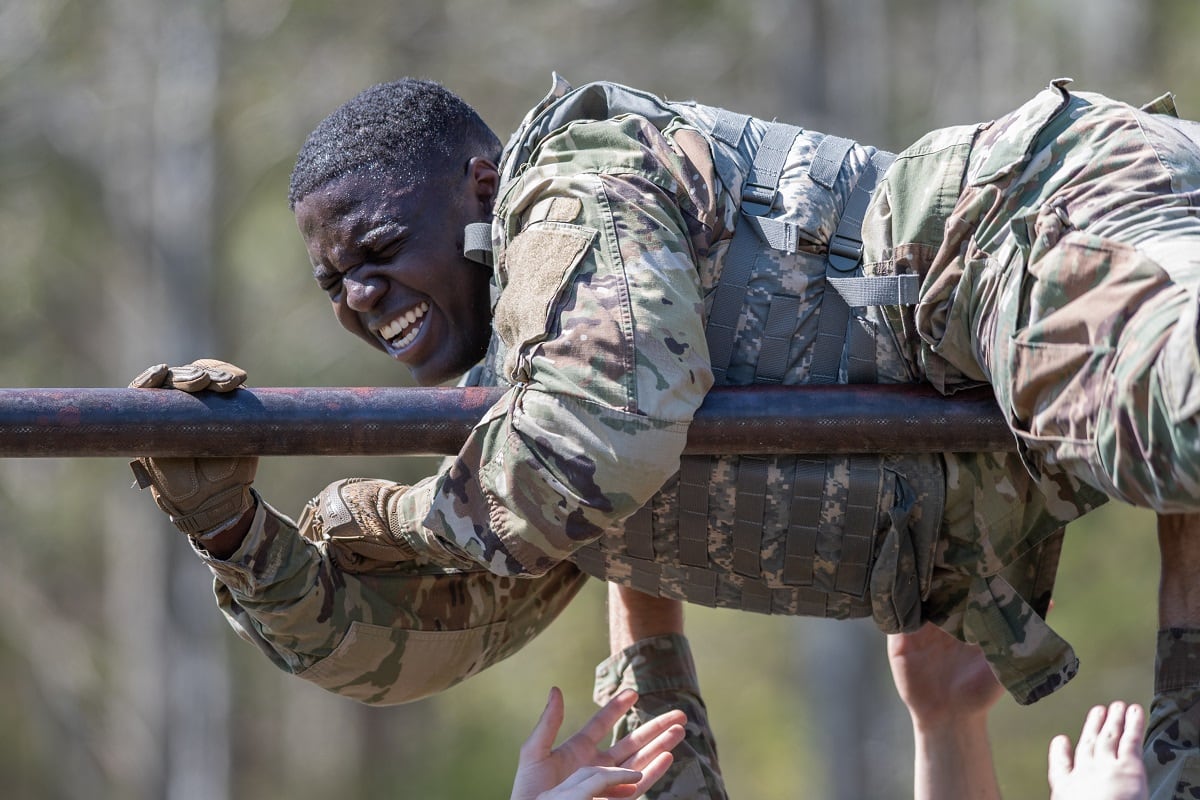A new performance bar developed by Army scientists could replace the Powerbars and Clif Bars some soldiers stock up on before field exercises and do far more than simply add calories to regular MRE fare.
The U.S. Army Research Institute of Environmental Medicine at the Natick, Massachusetts, Soldier Systems Center has military nutrition researchers who work to meet the “physiological needs” of the soldier, according to an Army release.
The key focus of six years of research on the new Performance Readiness Bar was using nutrition to create stronger bones.
RELATED

Early trials showed new soldiers who ate a bar fortified with calcium and vitamin D during basic training had greater increases in bone density, said Dr. Erin Gaffney-Stomberg of the Military Nutrition Division.

“USARIEM researchers' findings indicated that basic trainees needed higher-than-average amounts of calcium and vitamin D to support bone health during basic training,” according to the release.
Those researchers sent their findings to the Combat Feeding Directorate, which ensures that nutrition items can withstand the training environment, meet safety standards and taste good.
Researchers sent the bars to four training locations, which were not identified in the release.
It did not replace existing meals.
“The bar is a standalone item and is offered once a day, each day,” Gaffney-Stomberg explained. “It’s essentially a fourth meal.”
Recruits receive one each day, between dinner and before going to sleep.

Researchers are now studying how daily consumption of the bar impacts recruits.
They are tracking 4,000 recruits from basic training through their initial enlistments.
The goal of the four-year study is to better understand who is more likely to get injured and exactly what factors can affect injury risk.
One portion of the research is to see whether recruits at the performance bar to determine whether the bar can help reduce injury risk.
Todd South has written about crime, courts, government and the military for multiple publications since 2004 and was named a 2014 Pulitzer finalist for a co-written project on witness intimidation. Todd is a Marine veteran of the Iraq War.




